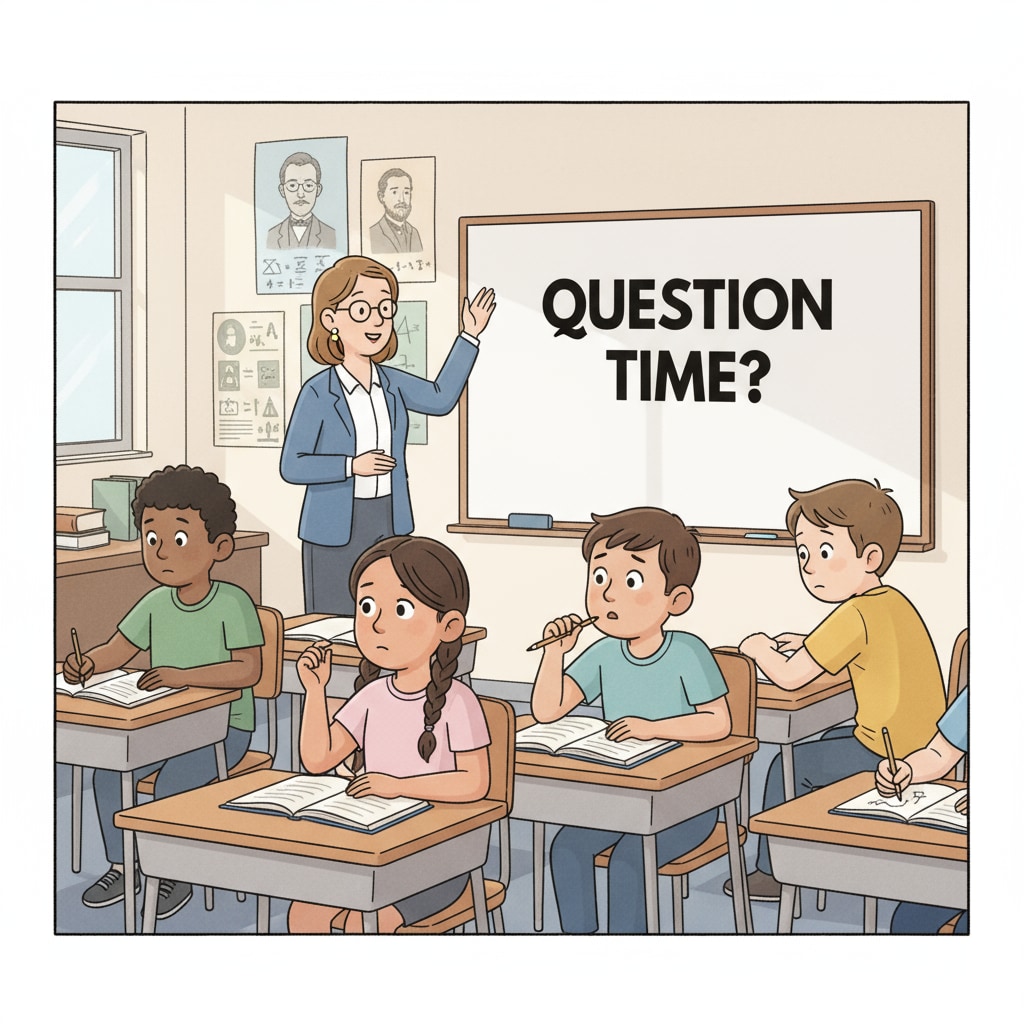In the realm of education, particularly in university mathematics, the issue of students’ questioning frequency and how it impacts teachers’ feelings is a topic of great significance. Many K12 students often harbor concerns about whether asking too many questions will disrupt their teachers. This hesitation can significantly hinder their learning process.

The Root Causes of Student Hesitation
One of the main reasons students are reluctant to ask questions is the fear of being judged. In a university mathematics class, where concepts can be complex, students worry that their questions might seem trivial or stupid to the teacher. For example, they might think that if they ask a basic question in a high-level math course, the teacher will view them as less intelligent. This fear is often exacerbated by past experiences, such as being laughed at by peers for asking “silly” questions. According to the American Psychological Association, this kind of self-doubt can have a detrimental effect on a student’s learning motivation.

The Teachers’ Perspective
Contrary to students’ beliefs, most teachers encourage questions. In the context of university mathematics, teachers understand that students need to clarify concepts to master the subject. They view questions as a sign that students are engaged in the learning process. Teachers appreciate students who are proactive in seeking knowledge. As stated on the National Education Association website, educators often feel that frequent questions help them better understand where students are struggling and adjust their teaching accordingly.
Another aspect to consider is that teachers are trained to handle a variety of questions. They have the experience and knowledge to provide clear and concise answers. So, the idea that students will “bother” teachers with their questions is often a misperception. In fact, a lack of questions can be more concerning for teachers, as it might indicate that students are not fully understanding the material or are not actively participating in the learning.
Readability guidance: By understanding the root causes of student hesitation and the teachers’ perspective, we can start to address the issue. In the next section, we will explore strategies to encourage students to ask questions without fear.


